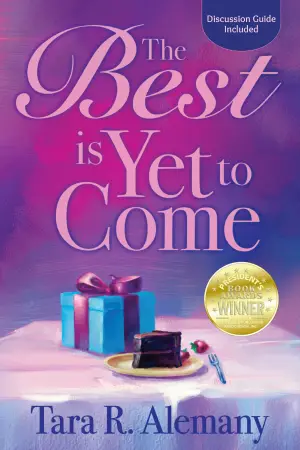I recently finished reading The Stories of Ray Bradbury, a retrospective collection of 100 of his most significant stories chosen by Bradbury himself. As someone who has always had an affinity for speculative fiction, particularly the thoughtful and poetic storytelling that characterizes Bradbury’s work, I jumped at the chance to explore this volume. The promise of spanning six decades of his illustrious career and delving into the remarkable worlds he creates was simply too compelling to resist.
This collection did not disappoint. The stories encapsulate a sweeping range of emotions and themes—from the heartwarming to the chilling—demonstrating Bradbury’s mastery as a storyteller. I found many of his characters relatable, drawn vividly with their quirks, aspirations, and failures. As noted in Josh Mauthe’s review, this anthology showcases both the optimistic and dark facets of Bradbury’s imagination, allowing readers to trace the evolution of his writing over the decades. I was truly struck by how his prose had transformed, yet always remained human at its core.
One standout was The Whole Town’s Sleeping, which captures an eerie suspense akin to contemporary horror while still retaining the lyrical quality of Bradbury’s language. It left me feeling a sense of melancholy even as I reveled in its unsettling beauty. Another favorite was And the Moon Be Still as Bright, where the juxtaposition of whimsy and horror reflects Bradbury’s skill in weaving complexities into his narratives.
Yet, while I found much to adore, I also encountered some drawbacks. For instance, as some readers have pointed out, the proofreading in this edition leaves something to be desired. I noticed a few errors that might distract from the reading experience. Green Trilobite mentioned a mix-up with character names in And the Moon Be Still as Bright—and I too encountered cases where typos pulled me out of the narrative momentarily. While these were not frequent enough to ruin the enjoyment, they did detract slightly from the overall polish.
Additionally, although Bradbury’s stories span various genres—science fiction, fantasy, and social commentary—some readers may find themselves craving more expansive narratives to complement his concise short stories. However, the unique nature of short fiction is on full display; each tale serves as a snapshot of human experience, inviting reflection.
Despite these minor quibbles, I found the collection to be extremely rewarding and well worth its price. As highlighted in customer reviews, Bradbury’s ability to create believable characters and thought-provoking content shines throughout the book. Denise Bell’s appreciation of the obscure stories resonated with me; discovering gems I had never previously encountered made the reading journey all the more enjoyable.
Ultimately, The Stories of Ray Bradbury is a treasure trove, showcasing the author’s remarkable depth and breadth. Each story feels like an invitation to explore the unexplored territories of the heart and mind. This collection certainly aligned with the product description’s claim that it would lead readers toward a profound understanding of ourselves and the universe we inhabit.
In conclusion, I wholeheartedly recommend this anthology for both longtime fans and newcomers eager to experience Ray Bradbury’s genius. It is a collection that one can revisit, as each reading will undoubtedly unveil new layers of insight and wonder. If you appreciate richly imaginative storytelling infused with both humor and poignancy, this book is a must-read. Grab your copy—just brace yourself for the occasional typo!








